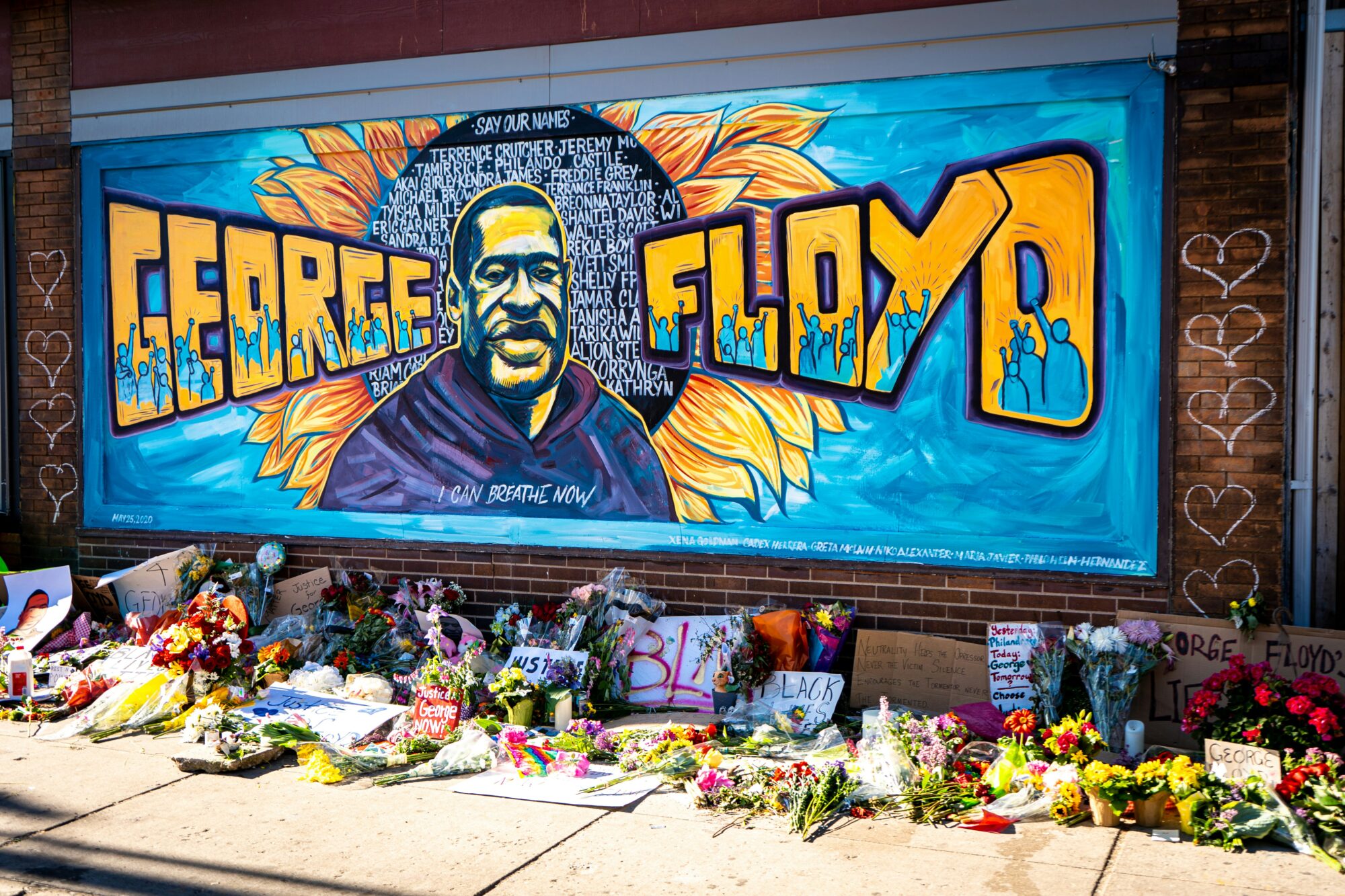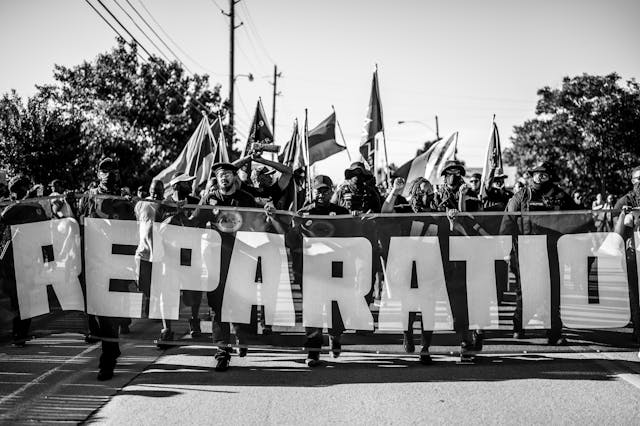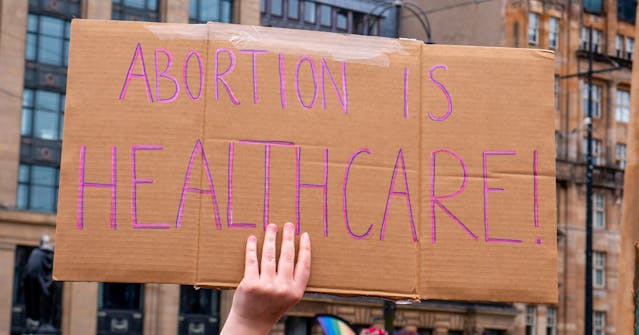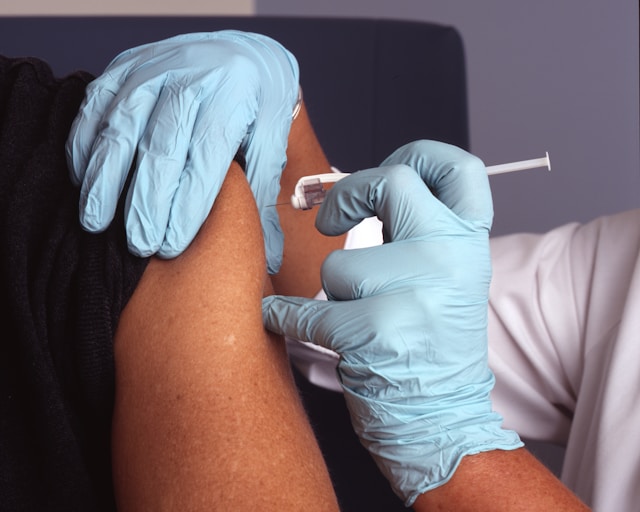
https://www.healio.com/
Healio Rheumatology, Spring 2019
Racial and ethnic disparities in health care in the United States have confounded experts for decades. An important reason for this is that the problems are multifactorial, with challenges ranging from residential segregation to limited access to drugs for patients in a number of racial and ethnic categories.
The obstacles to equal care are seen across health care specialties, including rheumatology. Black and Hispanic or Latino individuals face the trifecta of increased incidence of diseases like rheumatoid arthritis, lupus and gout; increased complications associated with those diseases; and, consequently, poorer overall outcomes. It is for these reasons that organizations like the National Collaborative for Health Equity, which aims to level the playing field for underprivileged and underserved populations, are so crucial.
Brian Smedley, PhD, executive director of the Collaborative, underscored its mission, which is to use evidence, develop leaders and advocates, and stimulate partnerships across sectors to help create a more equitable and just society. “There are a number of social determinants that shape health and well-being and have a significant impact on who is healthy in the first place, and who is not,” he said in an interview with Healio Rheumatology. “Low-income communities, and communities of color, along with individuals with disabilities, often face structural barriers to good health, including access to healthy and nutritious food, safe water, air and soil, or equitable educational opportunities.”
However, according to Smedley, the problems are not intractable. “They have largely been created by public policy, and therefore can be fixed by policy.” (Read full article)








